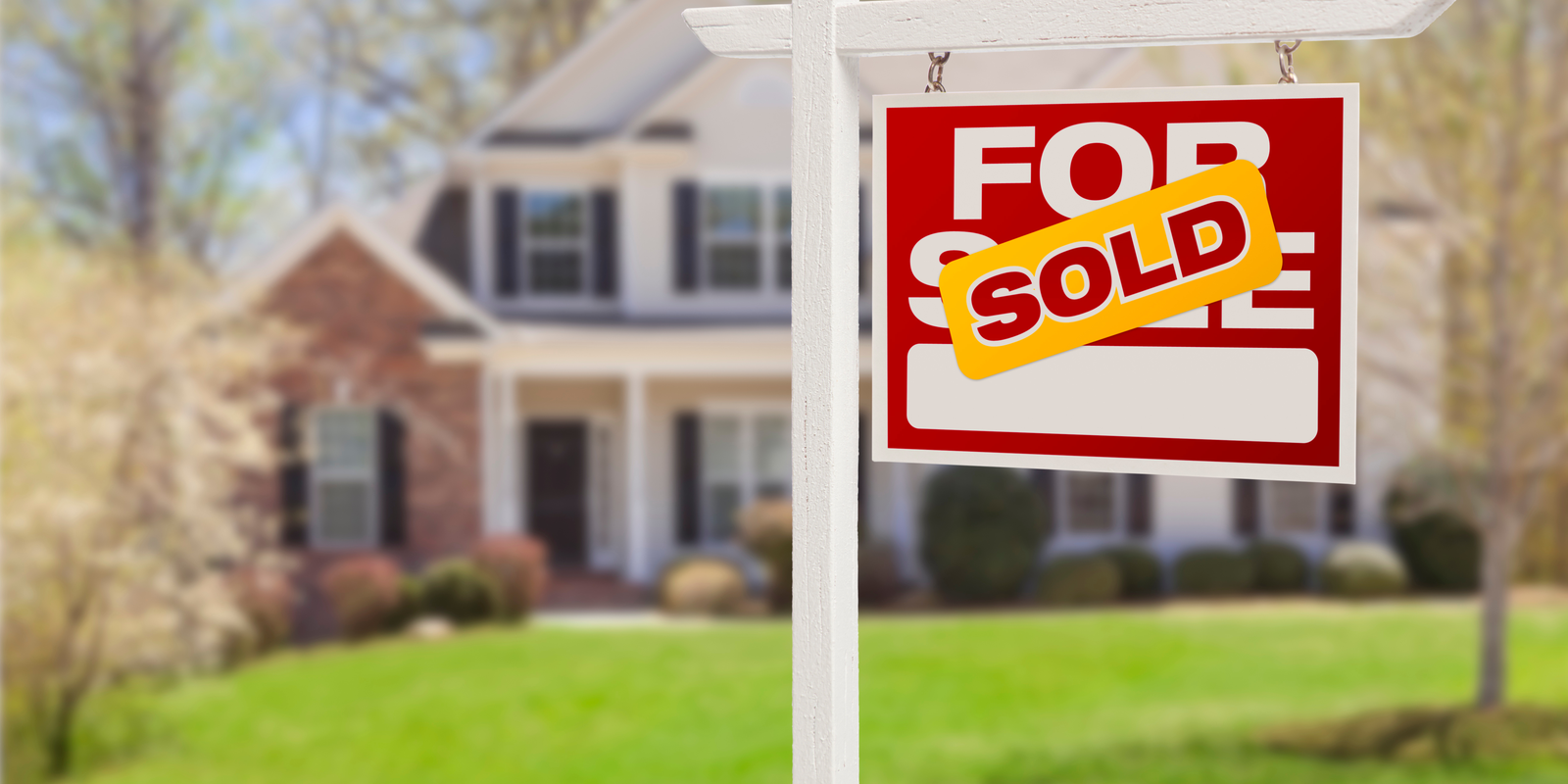
Selling your home is a BIG deal. It’s a process that requires strategy, planning, and—let’s be honest—a little patience. While there’s a lot of advice out there on how to sell your home, it's just as important to know what NOT to do. Avoiding these common mistakes can save you time, money, and stress while ensuring you get the best possible price for your property.
1. Making Unnecessary Renovations
Many homeowners assume they need to spend tens of thousands of dollars on upgrades to make their home more appealing. While some renovations do provide a solid return on investment (ROI), others simply don’t. Just because you put $25,000 into a kitchen remodel doesn’t mean you’ll automatically get that money back when you sell.Instead, focus on cost-effective improvements that offer a high ROI, such as:- A fresh coat of neutral-colored paint
- Updated cabinet hardware
- Minor bathroom touch-ups
- Replacing outdated light fixtures
2. Ignoring Needed Repairs
While major renovations might not be necessary, failing to address minor repairs can be a dealbreaker for buyers. Leaky faucets, cracked tiles, peeling paint, or faulty electrical outlets may seem like small issues, but they can create a negative impression and make buyers question how well the home has been maintained.Larger problems, like a damaged roof or an outdated HVAC system, can be even more detrimental. Buyers may request hefty price reductions, demand seller concessions, or simply walk away. Before listing, take care of any obvious repairs to avoid last-minute surprises during inspections.3. Trying to Sell Without a Real Estate Agent
Many sellers consider going the For Sale by Owner (FSBO) route to save on commission fees. However, what they often don’t realize is that working with an experienced real estate agent can actually help them sell their home faster and for a higher price.Real estate agents bring valuable expertise, including:- Pricing strategies based on market data
- Professional marketing and listing exposure
- Negotiation skills to secure the best deal
- Handling contracts and legal paperwork correctly
4. Hovering During Showings
No one knows your home better than you do, but that doesn’t mean you should be present during showings. Buyers need to feel comfortable when touring a home, and they may hesitate to express concerns if the seller is listening in.Instead, let your agent handle the showings. This allows buyers to freely discuss what they like (or don’t like) about the home, ask questions, and visualize themselves living there—without feeling pressured.5. Neglecting Curb Appeal
First impressions matter. If your home’s exterior looks uninviting, buyers may never even step inside. Enhancing your curb appeal doesn’t have to be expensive or time-consuming. Simple updates like:- Mowing the lawn and adding fresh mulch
- Trimming overgrown bushes and trees
- Planting seasonal flowers or greenery
- Power-washing the driveway and front walkway
6. Overpricing Your Home
Pricing your home too high can backfire. While it’s natural to want top dollar, an inflated asking price can scare away buyers, leading to longer days on the market. The longer your home sits unsold, the more skeptical buyers become. Eventually, you may be forced to lower the price anyway, which can make the property look less desirable.Instead, work with your real estate agent to set a competitive, market-driven price from the start. A well-priced home attracts more interest, leading to multiple offers and, in some cases, a higher final selling price.7. Using Low-Quality Listing Photos
In today’s digital age, the majority of buyers start their home search online. If your listing photos are dark, blurry, or poorly staged, you risk losing potential buyers before they even schedule a showing.Professional photography is a must. A skilled real estate photographer knows how to highlight your home’s best features, use proper lighting, and capture angles that make the space look inviting. If you're listing in the winter but have great curb appeal in the summer, consider having seasonal exterior photos taken in advance.8. Failing to Stage Your Home
Buyers want to walk into a home and picture themselves living there. That’s hard to do if the space is cluttered, overly personalized, or empty.Basic home staging tips include:- Decluttering countertops, closets, and storage areas
- Removing personal items like family photos
- Arranging furniture to highlight the home’s best features
- Adding neutral décor and lighting to create a warm, inviting feel
Selling your home is an exciting milestone, but it’s important to avoid these common mistakes to ensure a smooth and profitable sale. By focusing on strategic updates, working with a knowledgeable agent, and making your home as appealing as possible, you can attract the right buyers and maximize your return.Thinking about selling? Reach out today for a personalized home-selling strategy!
Tazmeen Woodall
tazmeen@tazmeenwoodall.com